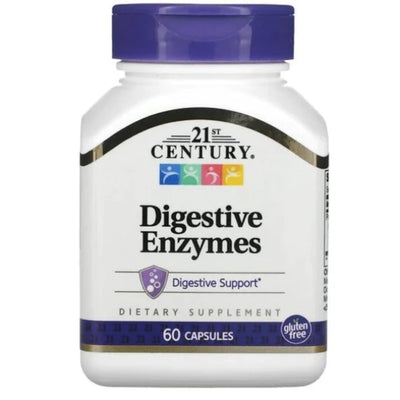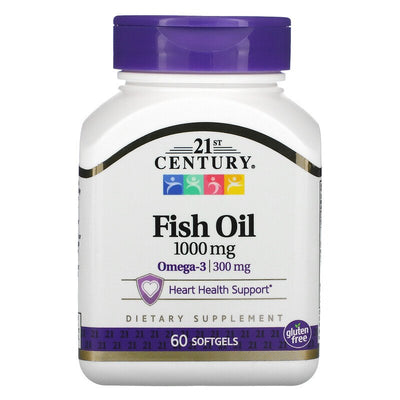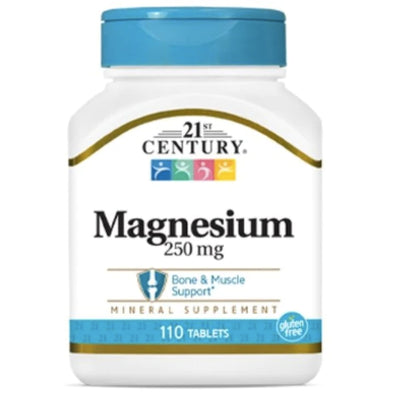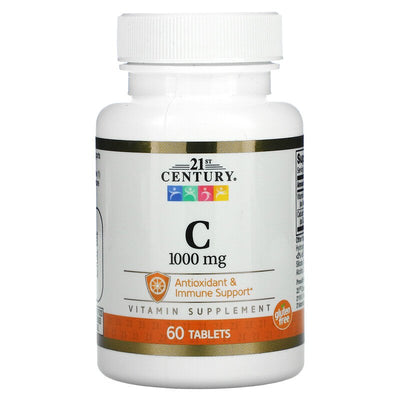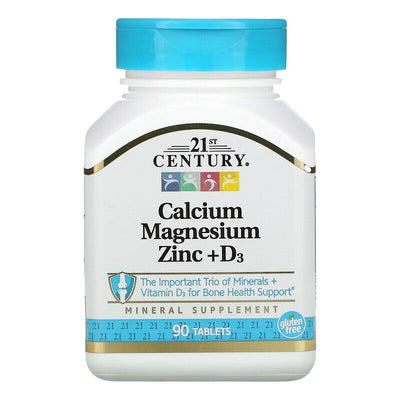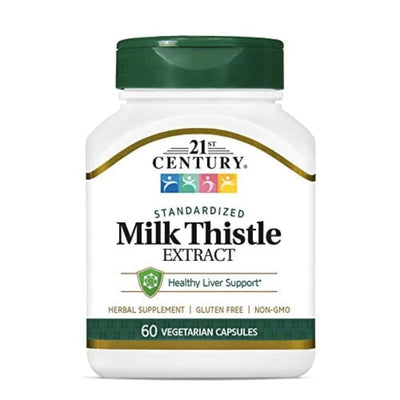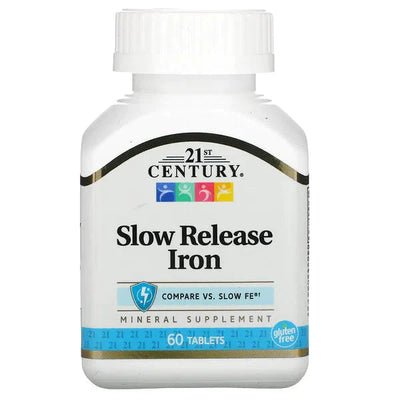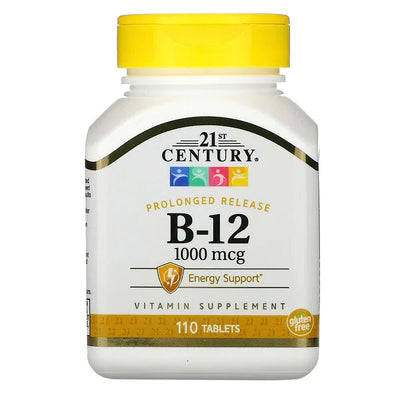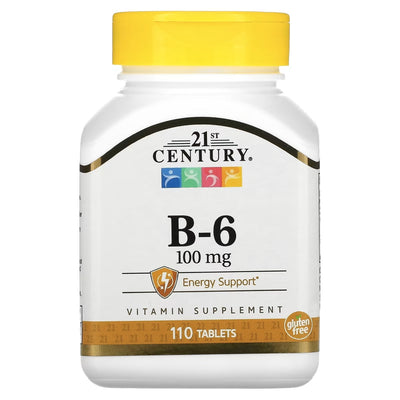
Protein Shakes vs. Whole Foods: Which is Better for Muscle Growth?
Protein Shakes: Convenience and Efficiency
Protein shakes, typically made from whey, casein, or plant-based protein powders, offer a convenient and efficient way to meet your daily protein requirements. Here's why they might be beneficial:
High Bioavailability
Protein shakes often contain highly bioavailable forms of protein, meaning the body can easily absorb and utilize the nutrients. Whey protein, for example, is renowned for its rapid absorption rate, making it ideal post-workout when your body needs protein the most.
Convenience
For those with busy lifestyles, protein shakes provide a quick and easy way to consume high-quality protein without the need for preparation. Just mix the powder with water or another beverage, and you’re good to go.
Calorie Control
Protein shakes can be beneficial for those tracking macronutrient intake because they provide precise amounts of proteins, carbs, and fats, unlike whole foods, which can vary in their nutrient contents.
Muscle Recovery
Due to their rapid digestion and absorption, protein shakes can accelerate muscle recovery post-exercise. This quick supply of amino acids to muscle cells can enhance the muscle repair process and stimulate growth.
Whole Foods: Nutritional Complexity and Satiety
While protein shakes are beneficial, whole foods are irreplaceable due to their nutritional complexity. Here’s what whole foods have to offer:
Balanced Nutrition
Whole foods provide a broad range of essential nutrients that protein shakes typically lack. These include vitamins, minerals, antioxidants, and other compounds that are crucial for overall health and muscle function.
Satiety and Digestive Health
Whole foods like lean meats, fish, legumes, and dairy not only deliver protein but also contribute to satiety and digestive health due to their fiber content. This can aid in weight management and support a healthy gut microbiome.
Long-Term Health Benefits
Consuming a diet rich in whole foods has been linked to numerous health benefits, including a reduced risk of many chronic diseases. The diverse nutrients found in whole foods play a significant role in maintaining overall health.
Combining Protein Shakes and Whole Foods for Optimal Muscle Growth
Rather than choosing one over the other, incorporating both protein shakes and whole foods into your diet may be the most effective strategy for muscle growth:
Post-Workout
Utilize protein shakes immediately after training to quickly start the muscle repair process due to their rapid absorption.
Meals
Incorporate whole foods into your main meals to ensure you receive a balanced intake of all essential nutrients while benefiting from their muscle-building properties.
Snacks
Consider whole foods like Greek yogurt, nuts, or cottage cheese as snacks to boost your overall protein intake and nutrient diversity throughout the day.
Conclusion
Both protein shakes and whole foods have unique benefits that can support muscle growth. Protein shakes are unmatched in convenience and speed of absorption, making them ideal around workouts. Whole foods, on the other hand, provide a wide spectrum of nutrients that support overall health and long-term muscle maintenance. The best approach is a balanced diet that includes both options, tailored to fit your nutritional needs, workout routine, and daily schedule. For a variety of high-quality protein powders, visit Supps247, where you can choose supplements that best suit your fitness goals.







